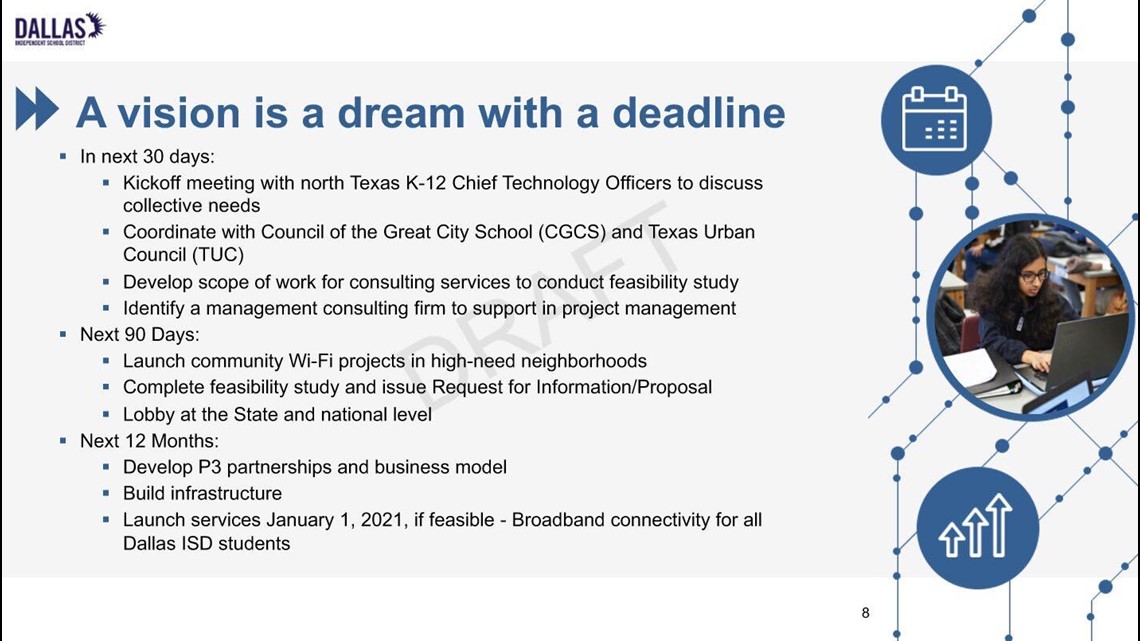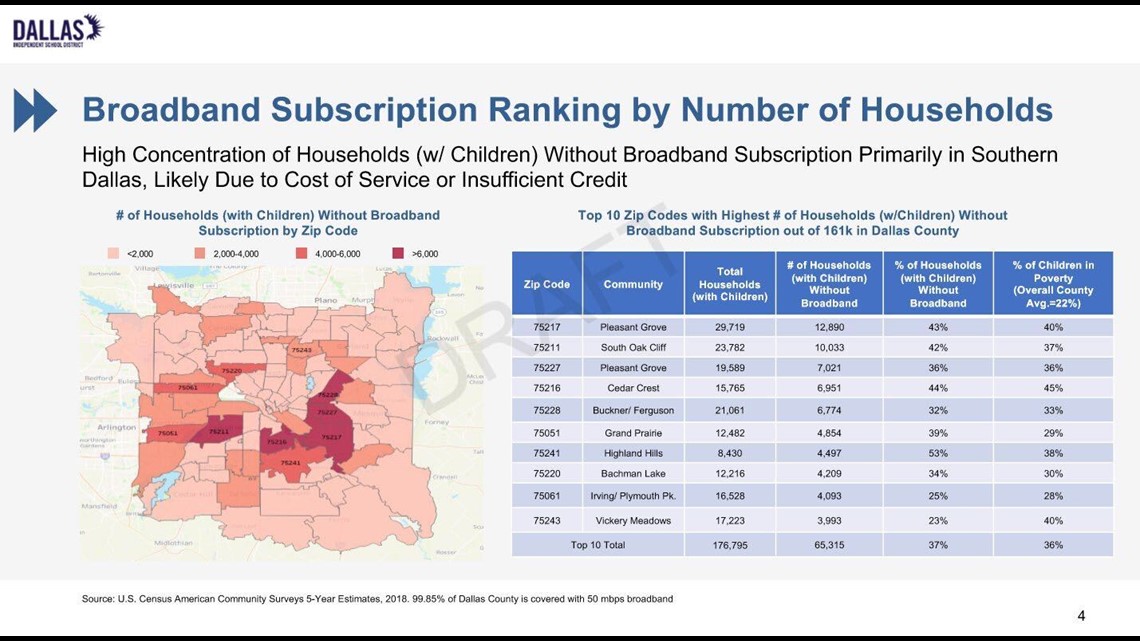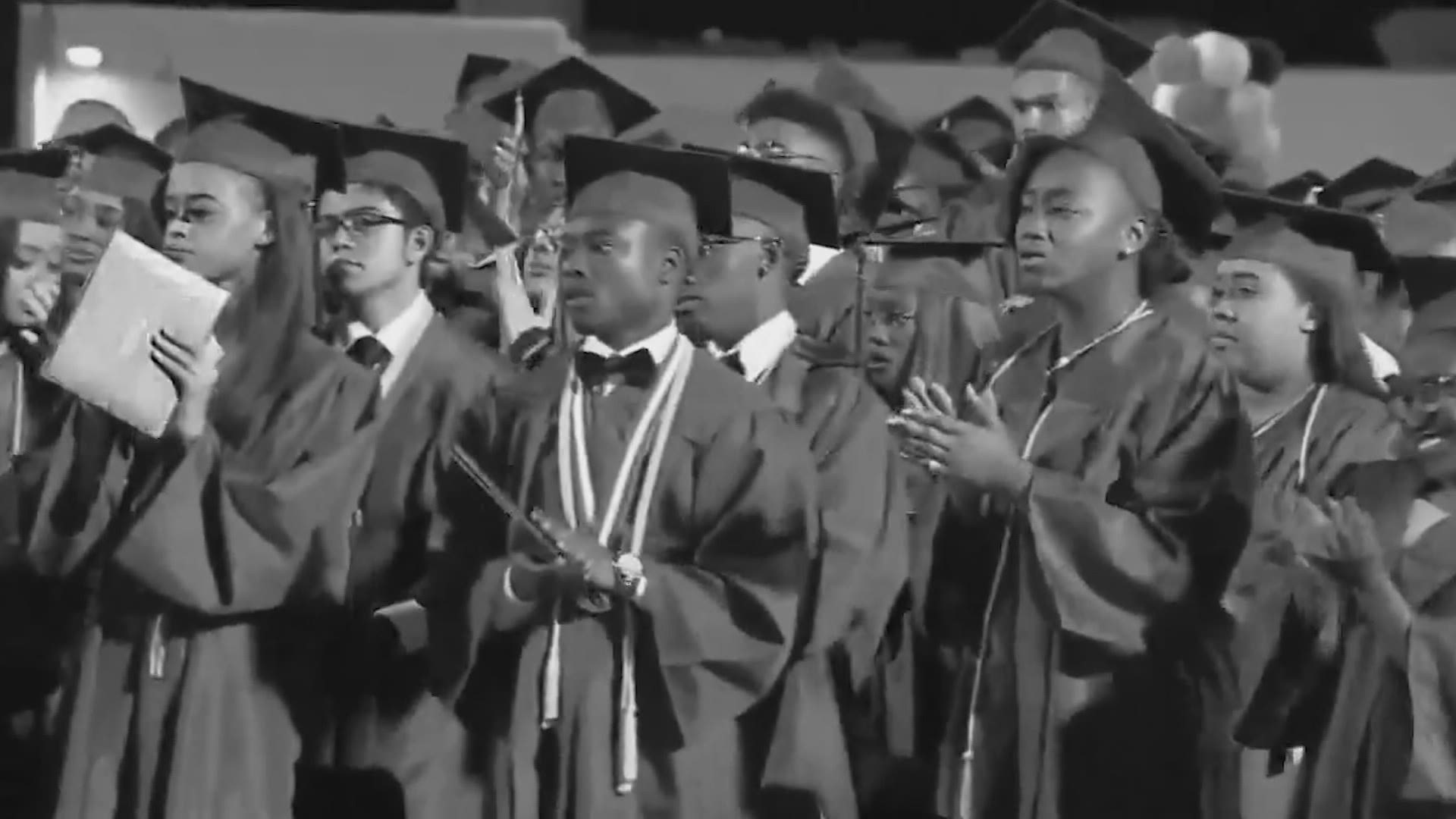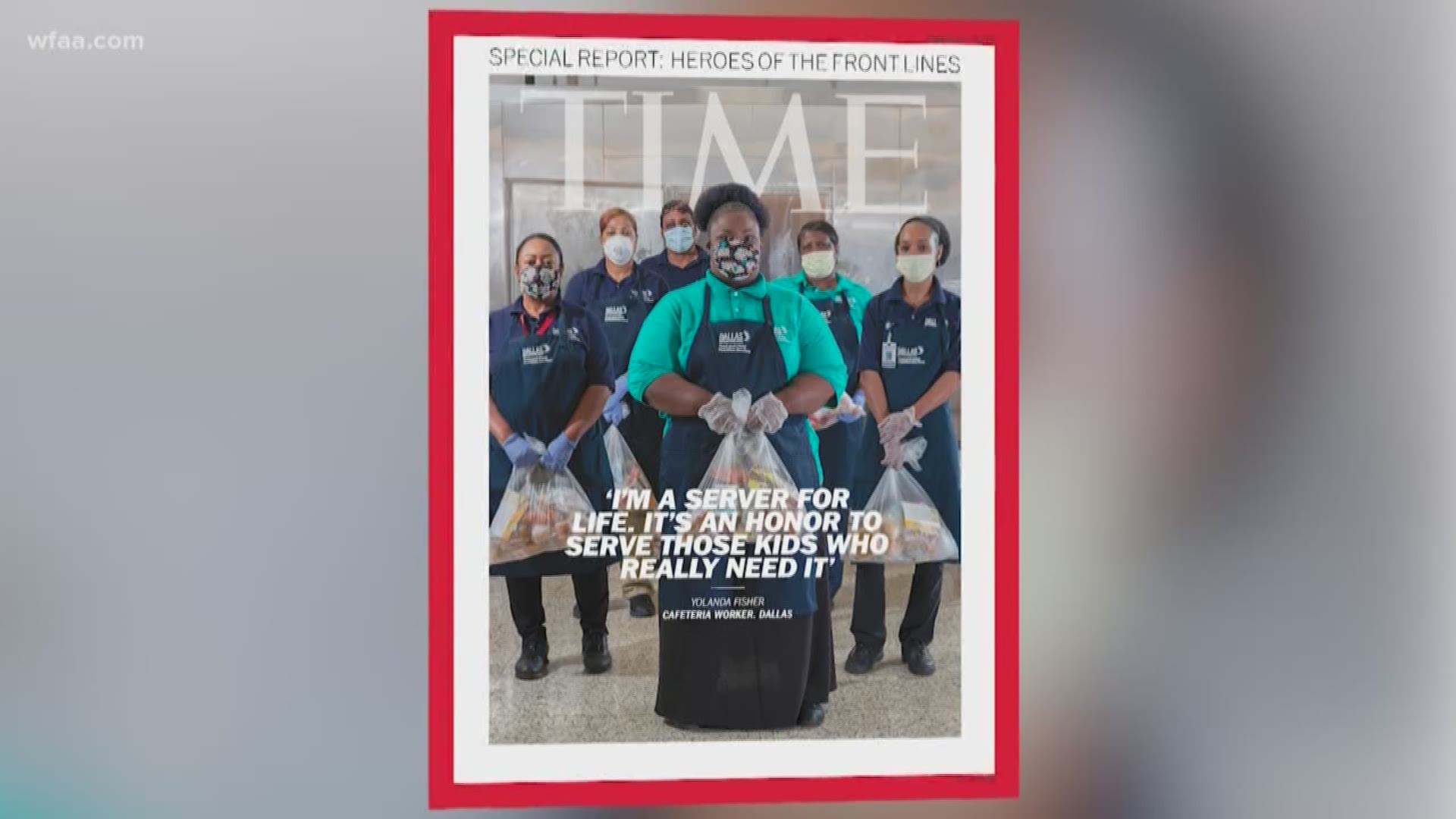Dallas ISD is considering different options for how students will return to their lessons in the fall, superintendent Dr. Michael Hinojosa said in a news conference Monday.
The reopening phase that started in Texas Friday will provide data and shed light on the best practices going forward, Hinojosa said.
The district is looking at three options: “Option A, business as usual; highly doubtful,” Hinojosa said. “Plan B, we stay in the current state; highly unlikely. I believe things are going to improve between now and August. Plan C, some kind of blended learning opportunity. I think this will be highly likely.”
Hinojosa said blended learning involves students being on campus on certain days of the week and learning at-home on other days with hopes that it will help parents with young children.
“Most of our parents are hourly workers, they can’t work remotely,” Hinojosa said. “They can’t be at home with their children.”
Safety will be the main factor in any plans for reopening schools in the fall. However, many questions remain about equipment and screening.
"A lot of it is going to depend on where the state has us, where the health officials have us, where the governor has us,” Hinojosa said.
Summer school, dual credit and credit recovery opportunities will be done completely online this summer.
“There’s no way we can do any of this face-to-face,” Hinojosa said.
Celebrating the class of 2020
The district is providing caps and gowns for all 9,000 graduating seniors who will have their ceremonies done virtually. Family members of students, teachers, board members and Hinojosa will provide video messages for the seniors. Banners and yard signs will be available beginning May 13.
“This has been tough on everybody, especially this class,” Hinojosa said. “They were born right after 9/11 and [this year] is just an unfortunate situation.”
”I was super prepared,” said Alana Roberts.
The coronavirus pandemic is compromising or canceling traditional graduation ceremonies for the Class of 2020.
"Honestly, it’s a let-down," Autumn Alphonse said. "I worked really hard just to get where I am, and to not be able to walk across the stage and see my family yelling and screaming for me, that’s kind of disappointing."
Denita Lacking-Quinn’s daughter Chloe is a graduating senior. Lacking-Quinn said, “This is all new to us.”
Some families said they understand the district’s move to online-only ceremonies, but the reality still stings.
”We had family that was going to be coming in from out of town to congratulate her,” Amy Roberts explained. “To show her love and support.”
On Thursday, May 21, the district is asking for the community’s help with an ovation from 7 p.m. to 10 p.m. to celebrate seniors throughout Dallas.
Getting households connected
The district provided hotspots to 36,000 students in the district, which Hinojosa said were a short-term solution versus a long-term solution.
Hinojosa says he and school board members are concerned with keeping students and their families connected. Many households in southern Dallas lack broadband internet.
"Painfully obvious to us is this connectivity issue," Hinojosa said. "There's not a good long-term solution."


Hinojosa says he has reached out to federal officials, government leaders, and nonprofits who have been receptive to working together on the issue.
"We know it’s possible, we just don’t know all the details," Hinojosa said.
Among the cities in the country that have the most households with children with no internet, Dallas ranks No. 6, Hinojosa said.


Hinojosa mentioned how the lack of internet also impacts parents who need to apply for jobs online and who need to see healthcare providers through telemedicine.
“People are connected with water and electricity. Internet connectivity should also be there,” Hinojosa said. “Why? Because we think it’s a social justice issue. It’s not a luxury; it’s a necessity.”


